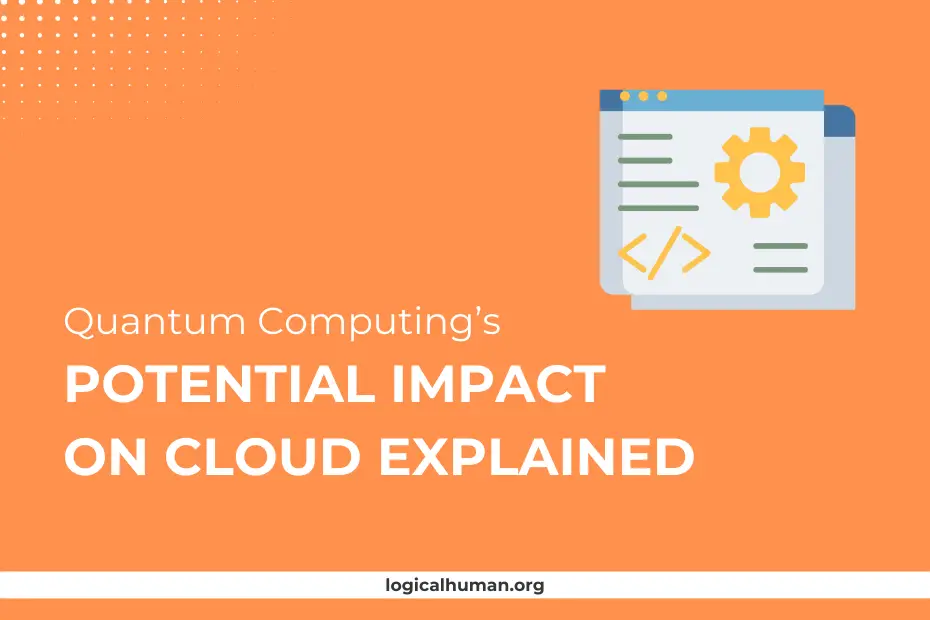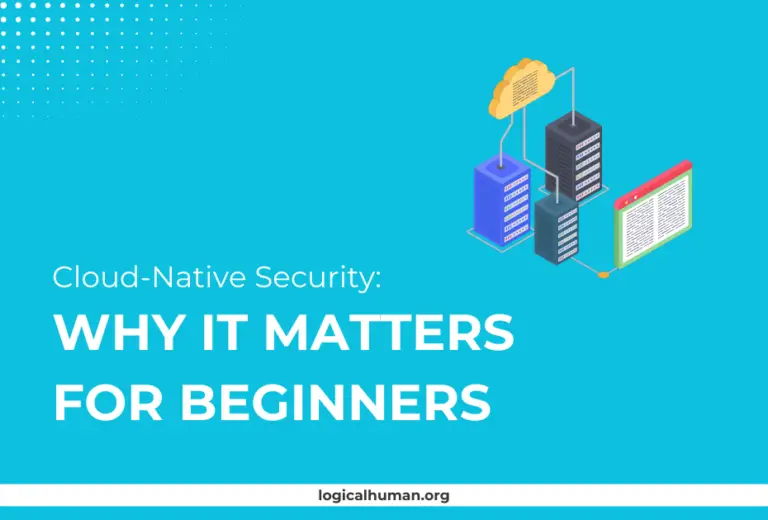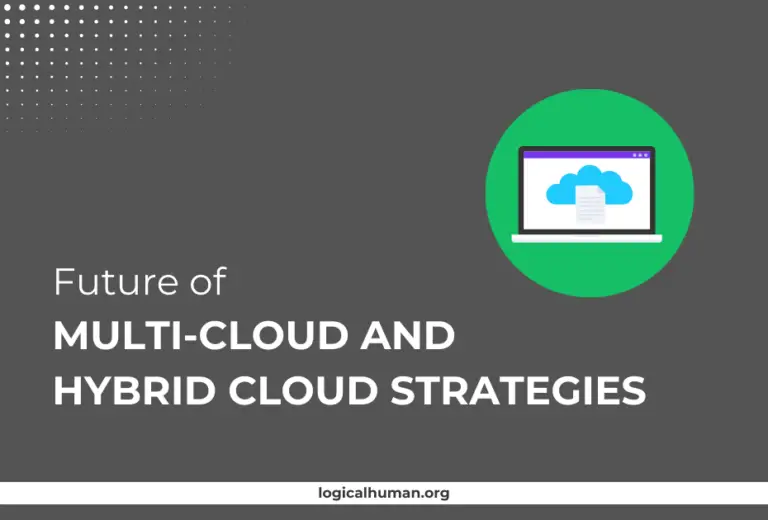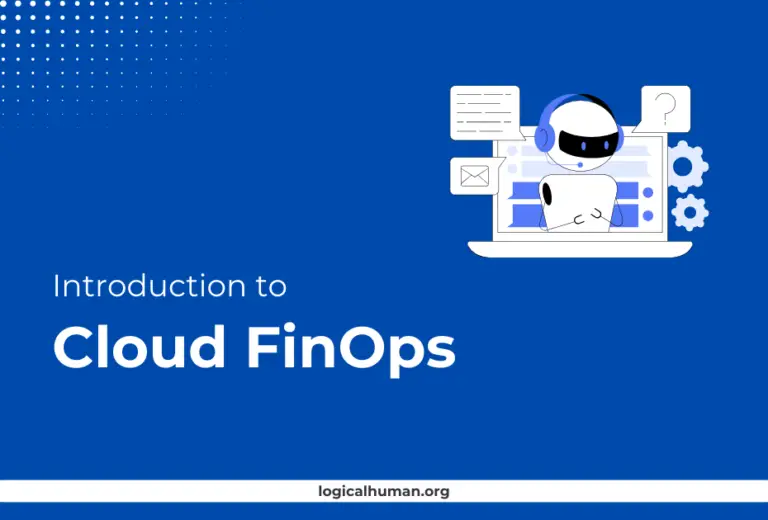In the tech world, buzzwords like “quantum computing” and “cloud computing” are thrown around a lot. But what happens when these two powerhouse technologies converge? Imagine supercharging your already powerful cloud services with the capabilities of quantum computing. The possibilities are mind-blowing, and we’re here to unpack what this fusion could mean for the future of technology and business.
What is Quantum Computing?
Before diving into its impact on the cloud, let’s first get a grasp of what quantum computing is all about.
Basic Principles of Quantum Computing
Quantum computing isn’t just a more powerful version of your regular computer. It’s an entirely different beast, operating on principles that defy the classical logic we’re used to.
Qubits and Superposition
Unlike classical bits that can be either a 0 or a 1, qubits can exist in both states simultaneously, thanks to a principle called superposition. Imagine spinning a coin; it’s not just heads or tails but a blur of both.
Quantum Entanglement and Interference
Then there’s entanglement, a spooky phenomenon that Einstein himself found perplexing. Entangled qubits, no matter how far apart, can instantaneously influence each other’s states. Combine this with interference (where quantum states amplify or cancel each other out), and you’ve got a machine capable of solving problems in ways we can barely comprehend.
Quantum Computing vs. Classical Computing
Classical computing is like navigating a maze by taking each possible path one at a time. Quantum computing, on the other hand, explores all paths simultaneously, potentially finding solutions exponentially faster for certain complex problems.
What is Cloud Computing?
Now, let’s switch gears and talk about cloud computing, a technology most of us interact with daily.
Basic Concepts of Cloud Computing
Cloud computing is essentially using a network of remote servers hosted on the internet to store, manage, and process data. It’s the backbone of modern businesses, offering flexibility, scalability, and cost-efficiency.
Public, Private, and Hybrid Clouds
There are different types of clouds: public (like Google Drive), private (used by companies for secure data), and hybrid (a mix of both). Each type serves unique needs, making cloud a versatile tool for everything from data storage to complex computations.
Benefits of Cloud Computing
Cloud computing is a game-changer in terms of accessibility and collaboration. Need more storage? Just upgrade your plan. Want to run a resource-heavy application? Spin up a virtual machine in minutes. It’s all about providing IT resources as a utility, much like electricity.
Current Limitations of Cloud Computing
Despite its benefits, traditional cloud computing struggles with certain tasks, particularly those requiring immense computational power, like complex simulations or real-time data analysis. This is where quantum computing could come into play.
| Feature | Classical Computing | Quantum Computing | Quantum Cloud Impact |
|---|---|---|---|
| Data Processing | Sequential, one path at a time | Parallel, multiple paths simultaneously | Drastically faster for specific complex problems |
| Security | Vulnerable to advanced hacking methods | Quantum Encryption (QKD) offers high security | Enhanced data protection and secure cloud communication |
| Computational Power | Limited by classical binary operations | Exploits superposition and entanglement | Solves complex computations, such as molecular simulations |
| Resource Allocation | Standard algorithms for task scheduling | Quantum algorithms optimize resources | Improved efficiency and reduced operational costs |
| Machine Learning | Relies on classical algorithms | Quantum algorithms enhance learning models | Faster and more accurate AI and ML processing |
How Quantum Computing Enhances Cloud Capabilities
When we combine quantum computing with cloud infrastructure, we’re talking about a whole new level of performance and capability.
Speed and Processing Power
Quantum computers excel at tasks that are computationally intensive for classical computers. By integrating quantum processors into the cloud, complex problems can be solved in seconds, rather than years.
Solving Complex Problems Faster
For instance, consider optimizing global supply chains or simulating new materials at a molecular level. These are Herculean tasks for classical systems but feasible for quantum-enabled clouds.
Enhanced Security with Quantum Encryption
Cybersecurity is a growing concern, and traditional encryption methods could soon be outdated.
Quantum Key Distribution (QKD)
Quantum computing introduces new encryption protocols like Quantum Key Distribution (QKD), which is virtually unbreakable because any attempt to intercept the key changes its state, alerting the sender and receiver. This could make cloud data safer than ever.
Improved Data Analysis and Machine Learning
Quantum algorithms have the potential to revolutionize data analytics and machine learning, enabling faster processing and pattern recognition.
Quantum Algorithms for Big Data
Quantum computing can process large datasets with complex interdependencies, which classical algorithms struggle with. This can drastically improve the accuracy and speed of AI models running in the cloud.
Optimized Resource Allocation and Scheduling
Quantum algorithms can also optimize resource allocation, scheduling, and logistics far better than classical methods, reducing operational costs and improving efficiency.
Potential Applications of Quantum Computing in the Cloud
The potential applications of quantum computing in the cloud are diverse and far-reaching.
Drug Discovery and Healthcare
Quantum computing can accelerate drug discovery by simulating molecular interactions much faster than classical computers.
Simulating Molecular Structures
By accurately simulating complex molecules, researchers can identify promising compounds and reduce the time and cost of bringing new drugs to market.
Financial Services and Risk Management
Financial institutions can use quantum computing for risk analysis, portfolio optimization, and fraud detection.
Quantum Monte Carlo Simulations
Quantum Monte Carlo simulations can provide more accurate predictions and risk assessments, helping financial services manage uncertainties more effectively.
Logistics and Supply Chain Optimization
Quantum computing can help solve optimization problems like the Traveling Salesman Problem, which involves finding the shortest possible route that visits a set of cities and returns to the origin city.
Solving the Traveling Salesman Problem
This has huge implications for logistics companies looking to reduce costs and improve delivery times.
Artificial Intelligence and Machine Learning
Quantum computing can also enhance AI and machine learning models, enabling them to learn from data more efficiently.
Quantum Machine Learning (QML) Models
QML models can handle larger datasets and more complex structures, paving the way for breakthroughs in everything from natural language processing to image recognition.
Challenges and Barriers to Quantum Computing Adoption in Cloud
Of course, there are significant challenges to integrating quantum computing into cloud platforms.
Technical Challenges
Quantum computing is still in its infancy, with many technical hurdles to overcome.
Error Rates and Quantum Decoherence
Quantum bits are incredibly fragile and prone to errors, a phenomenon known as quantum decoherence. Ensuring stable computations is a major challenge.
Cost and Infrastructure
Building and maintaining quantum computers is prohibitively expensive and requires specialized environments.
Building Quantum Data Centers
Quantum data centers need extremely low temperatures and sophisticated shielding from environmental interference, making them costly to build and maintain.
Skill Gaps and Workforce Requirements
Quantum computing requires a unique skill set, and there’s currently a shortage of qualified professionals.
The Future of Quantum Computing in the Cloud
Despite these challenges, the future of quantum computing in the cloud looks promising.
Evolution of Quantum Cloud Platforms
Companies are already developing hybrid quantum-cloud platforms, enabling users to access quantum resources via traditional cloud interfaces.
Potential Disruptions in IT and Business Models
As quantum computing becomes more accessible, it could disrupt existing business models, enabling entirely new applications and industries.
Major Players in Quantum Cloud Computing
Several tech giants are investing heavily in quantum cloud research.
IBM Quantum
IBM offers access to its quantum computers through the IBM Cloud, allowing researchers and businesses to explore quantum solutions.
Google Quantum AI
Google is pushing the boundaries with its Quantum AI division, making significant strides in quantum supremacy.
Microsoft Azure Quantum
Microsoft’s Azure Quantum provides a diverse ecosystem for quantum solutions, integrating various quantum devices and simulators.
Amazon Braket
Amazon Braket offers a fully managed service that provides access to quantum computing platforms, making it easier for developers to build and test quantum algorithms.
Preparing for a Quantum Future in Cloud Computing
It’s not too early to start preparing for the quantum era.
Strategies for Businesses
Businesses should consider investing in quantum research and development to stay ahead of the curve.
Investing in Quantum Research and Development
This could involve forming specialized teams or partnering with quantum startups to explore potential applications.
Collaborations and Partnerships
Collaboration between academia, industry, and government will be crucial in overcoming the technical and logistical challenges of quantum computing.
Academia and Industry Partnerships
These partnerships can accelerate the development of quantum technologies and their integration into cloud systems.
Conclusion
Quantum computing has the potential to revolutionize cloud computing by solving complex problems faster, enhancing data security, and enabling new applications in various fields. While there are challenges to overcome, the benefits are too significant to ignore. As quantum and cloud technologies continue to evolve, businesses and developers need to stay informed and be ready to adapt to these groundbreaking changes.
FAQs
What is Quantum Computing in simple terms?
Quantum computing is a new type of computing that uses the principles of quantum mechanics to process information in ways that classical computers can’t. Instead of bits, it uses qubits, which can exist in multiple states simultaneously, making them exponentially more powerful for certain tasks.
How is quantum computing different from classical computing?
Unlike classical computers, which use bits that can be either 0 or 1, quantum computers use qubits that can be both 0 and 1 at the same time. This allows them to perform complex calculations much faster for specific types of problems.
What are the potential benefits of quantum computing in the cloud?
Quantum computing can significantly enhance cloud capabilities by providing faster processing power, improved security through quantum encryption, and more efficient data analysis and machine learning.
Which industries will benefit the most from quantum cloud computing?
Industries like healthcare, finance, logistics, and artificial intelligence stand to benefit the most from quantum cloud computing due to their need for complex simulations, optimization, and data analysis.
How can businesses prepare for the advent of quantum cloud computing?
Businesses can prepare by investing in quantum research and development, forming strategic partnerships, and staying informed about the latest advancements in quantum technologies.



